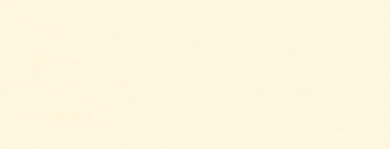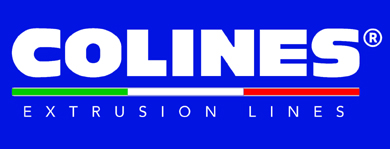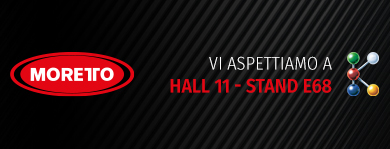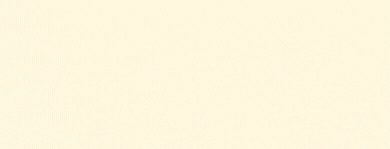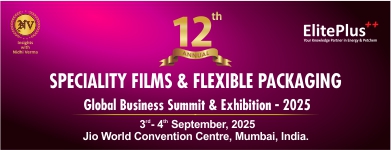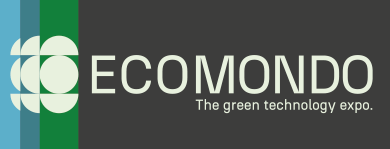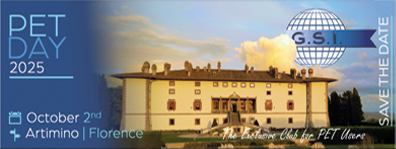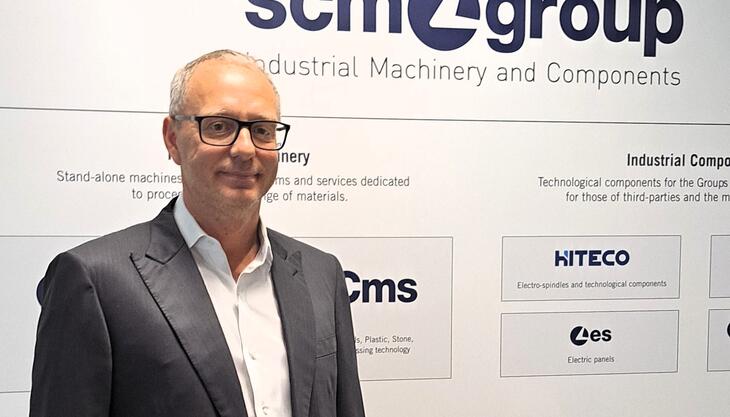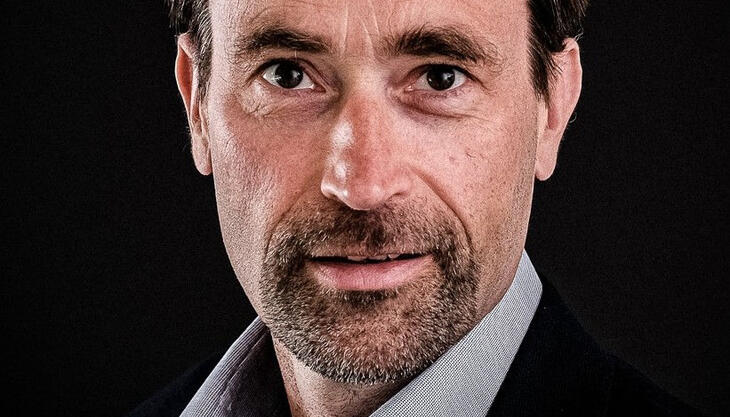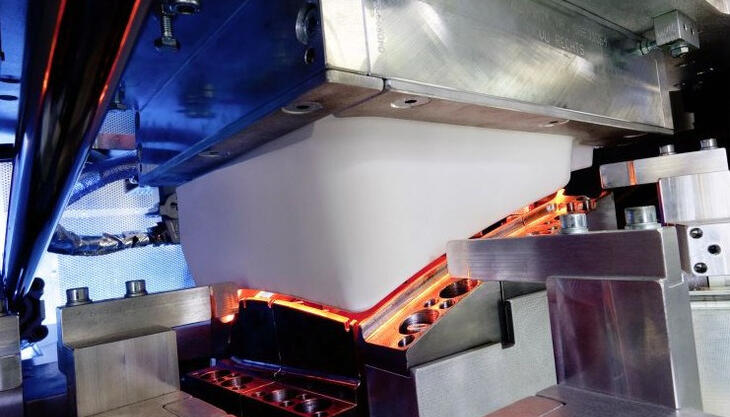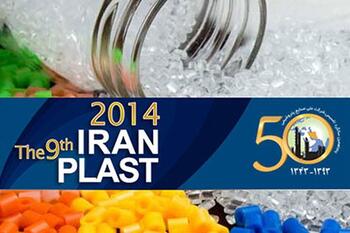
The ninth edition of the international Iranplast fair, held on September 25-29 at the Tehran Permanent International Fairground, witnessed the return of European exhibitors, such as those from Italy and Austria, who brought life to their respective sections, both having been absent in 2012. There was a certain ferment in the air during the event, in consideration of an international political situation that appears to be opening up to the possibility of more fruitful trade in the future between Iran and the rest of the world.
The Iranian market never ceased to be of interest to European plastics conversion plant manufacturers, and this edition of Iranplast was marked by a palpable feeling of expectation fuelled by news of the slow but promising work to reduce political and diplomatic tensions between the Iranian government and the major world powers.
The inclination of Iranian converters to invest in Western technology appears to be strongly dampened by European and American policies imposing limitations on trade with Iran. The situation is thus one conditioned by the dynamics of international diplomacy that boost or inhibit any business initiative in the sector. There was a certain positive outlook during the five days of the fair, deriving from the sensation among businesses represented there that the market could open up at any moment, giving an advantage to those who have maintained or re-established their relations with local businesses.
An important date in this regard may be the coming 24 November, by which time the European Union Foreign Affairs Council will decide whether to confirm or cancel the extension of trade sanctions against Iran. In the meantime, the consequence of this state of affairs is, as is only logical, an increase in trade between Iranian converters and Asian manufacturers.





